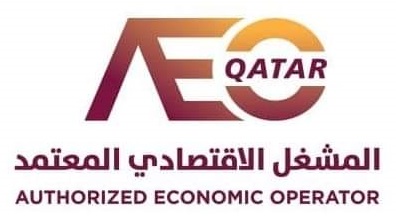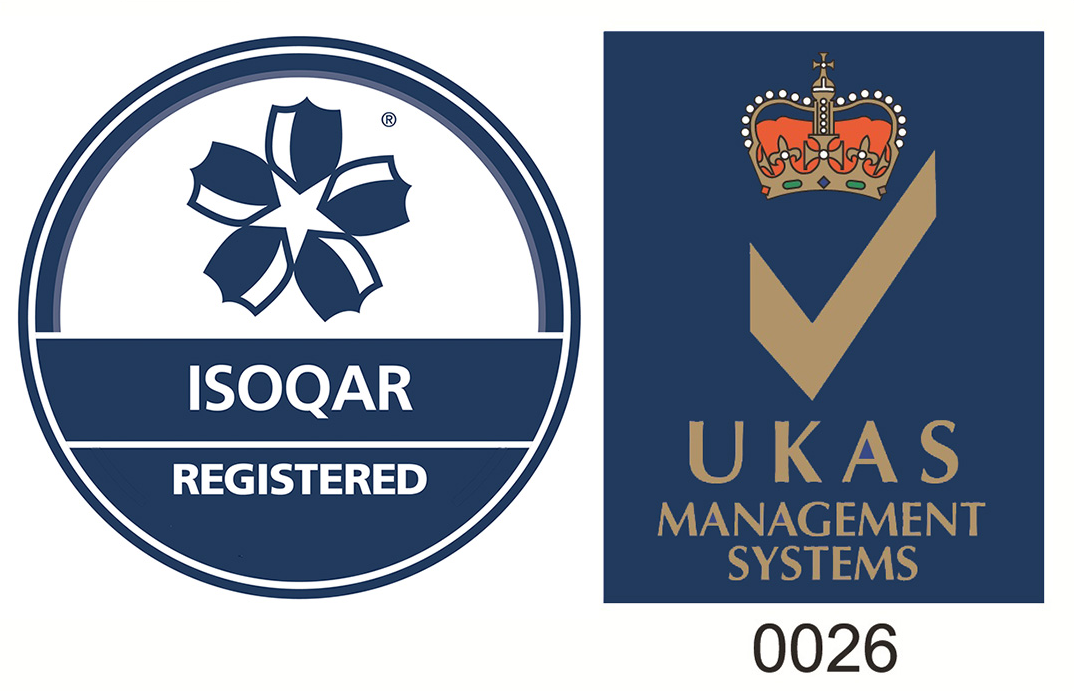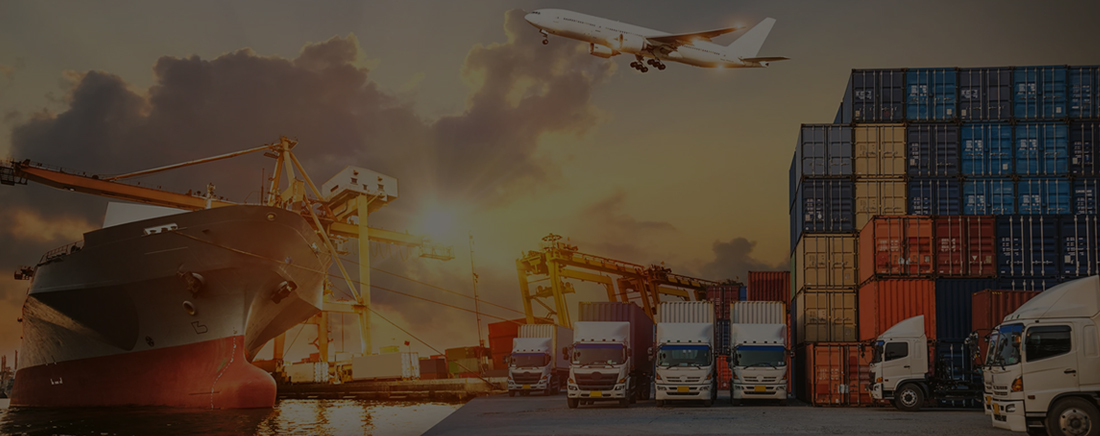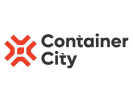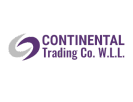If you are someone who is looking forward to transporting your goods internationally, then you must definitely have come across the term ‘Freight Forwarder’. It can be quite confusing to get around the terms when it comes to international shipping. It may seem like there are a lot of people trying to do a lot of different things under the same umbrella. So, who is a freight forwarder? Let’s see.
Imagine yourself as a company or an individual who has some goods at hand, which needs to be transported to an international location. Contrary to transportation of goods within a nation, things can be a lot more complicated when we have to move goods internationally. You must have good knowledge of international regulations related to the transportation of goods and you will have to find the right transportation service to help you with the same.
As a business owner or an individual, you might not have the right resources to carry out international transportation on your own. This is when you hire a freight forwarding company. They act as an intermediary between you (the international shipper) and the transportation services, taking care of everything starting from storing your consignment in their warehouse to overlooking the formalities of transporting the goods to the desired location.
What are the roles of a freight forwarder?
The roles of a freight forwarder can be quite confusing. Below listed are the basic roles carried out by a freight forwarder:
- They help in finding the right carriers, be it air, sea, road, or rail, to transport your goods internationally. This is why it is essential for a freight forwarder to network effectively and build good contacts. Individuals can access carrier service at a cheaper rate when arranged by a freight forwarder.
- Handling documents is one of the biggest roles undertaken by a freight forwarding company. From getting clearance for your goods in your current country to making it possible for the consignments to reach the destination, documentation is crucial. Shippers need not worry about all this when a freight forwarder is involved.
- The movement of your consignments is tracked by a freight forwarder. Any delay that occurs in shipment cannot be blamed on a freight forwarder. They are only responsible for acting as an intermediary between two parties. Similarly, individuals must keep their paperwork accurate. Or else, it can cause issues like consignments being held at customs and banks refusing to release your funds.
What are the stages of freight forwarding?
To get a better idea about what a freight forwarder does, let us have a look at the six different stages that take place in their process:
Stage 1: The transfer of consignments from the international shipper to the warehouse of the freight forwarder is the first stage. This is known as Export Haulage.
Stage 2: The next stage is Export Customs Clearance, where the goods are allowed to leave the country. Proper paperwork is crucial for this process to go smoothly.
Stage 3: Once the consignments reach the desired location, Origin Handling is done. The goods are unloaded and checked against the documents to see if everything is intact.
Stage 4: After origin handling the next stage is Import Customs Clearance. The goods need clearance from the international location and only then will they be allowed inside.
Stage 5: The goods, once cleared by the customs, are transported to the import warehouse in the stage called Destination Handling.
Stage 6: The final stage is called Import Haulage, where the consignments are transported from the import warehouse to their final destination.
If you are looking to hire a freight forwarder yourself, then always choose reliable and authentic service providers with a good track record.


